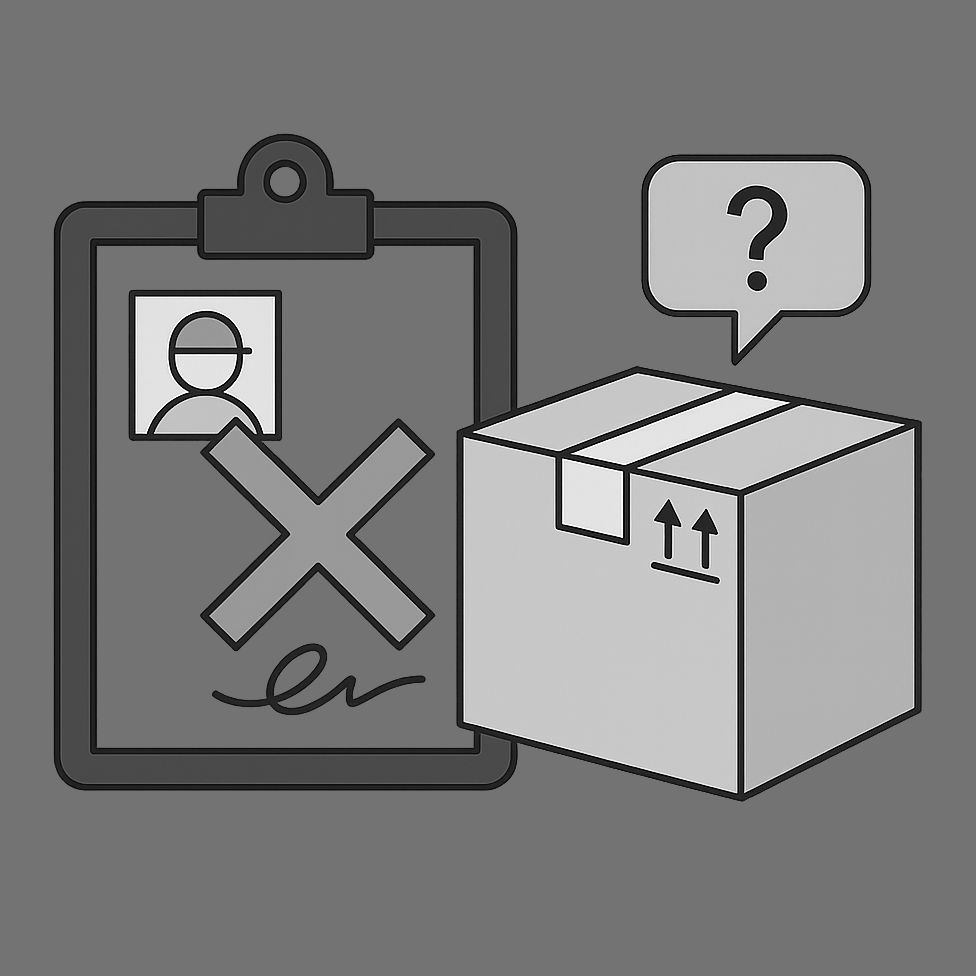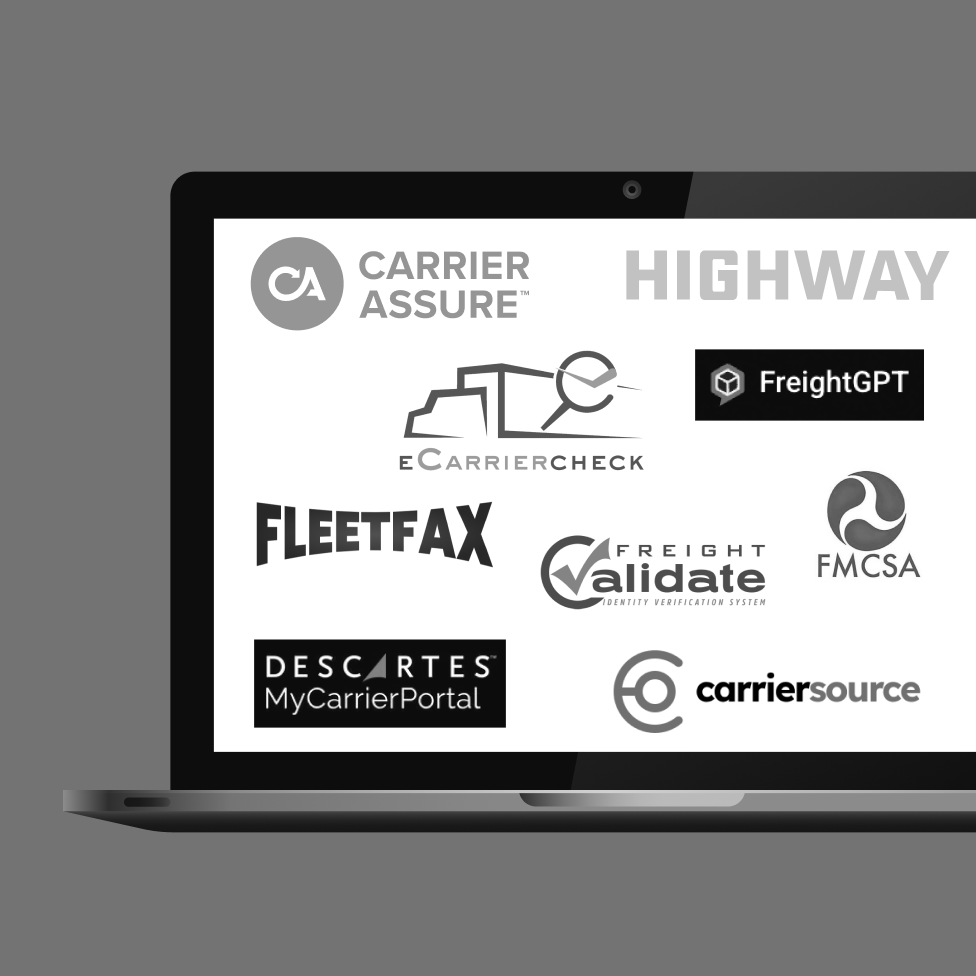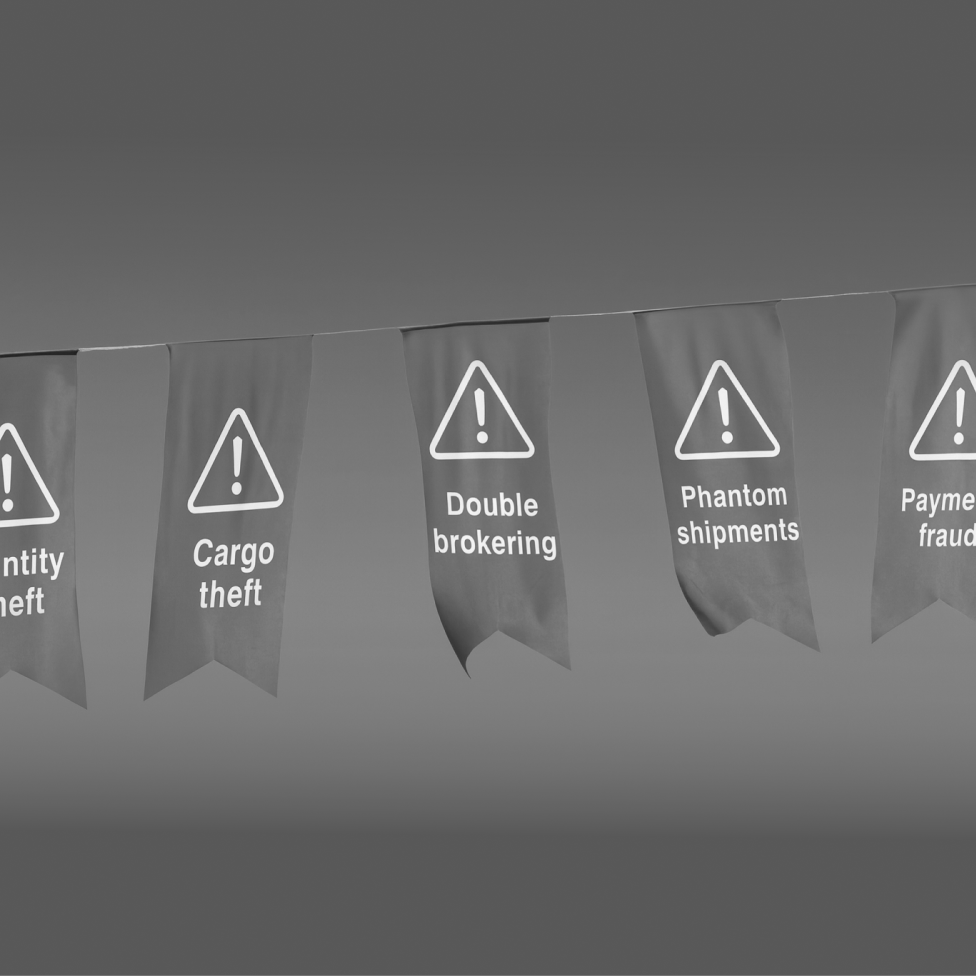Carriers may add accessorial charges to invoices for services above and beyond transporting freight from point A to B.
Freight brokers must account for these charges when connecting shippers and carriers. Otherwise, shippers may experience unexpectedly high bills.
While you can’t always avoid accessorial charges, you can prepare for them by understanding these fees ahead of time and why carriers levy them. This preparation lets you set appropriate expectations with shippers. We previously covered six of the most common accessorial charges, but plenty of other events can trigger extra charges from carriers. The following list outlines six more accessorial charges every freight broker should plan for:

Ensure you and your carriers are always on the same page. Share this accessorial charges pricing sheet with your carriers before moving a load to avoid any surprises.
1. Liftgate Fees
When a pick-up or delivery location lacks the necessary equipment for loading or unloading a truck, such as a loading dock or yard ramp, the driver will need a liftgate. This device attaches to the back of a truck and acts like an elevator, raising and lowering freight as needed. Liftgates don’t come standard on all trucks, so carriers typically charge a liftgate fee of $100-$250 when your freight requires one. As a best practice, find out whether a driver will need a liftgate ahead of time. Otherwise, they may be unable to deliver your freight, and you’ll incur even more fees.
2. Redelivery
If for any reason a driver cannot deliver your freight on the first attempt — for example, if they need a liftgate but don’t have one — you’ll be charged a redelivery fee. As one of the most expensive accessorial charges, the fee may run as high as $500.The easiest way to avoid redelivery fees requires ensuring carriers have all the pertinent details and equipment before they set out on a delivery. If you’re not sure what that may entail, contact the delivery destination ahead of time to find out.
3. Driver-Assist
A truck driver’s job involves moving freight, but they may occasionally need to help load or unload that freight. When that happens, you’ll get charged a driver-assist fee. Carriers can charge as much as $150 hourly for driver labor. They may also charge per piece, with rates running up to $100 per pallet with some carriers. To avoid driver-assist fees, make sure pick-up and delivery destinations will have teams ready to load and unload cargo.
4. Limited Access Fees
Some destinations prove harder to access than others. For example, residential areas present difficulties for trucks to navigate, and facilities like schools, hospitals, and prisons maintain strict protocols regarding visitors and contractors on the premises. As a result, when a driver must pick up or drop off freight at these locations, carriers may charge a limited access fee of up to $300 or more. You cannot control whether a pick-up or drop-off spot has a limited access designation, but carriers and shippers alike will appreciate communication about this information beforehand. That way, no one involved faces unnecessary surprises.
5. Reclassification and Reweigh
In less-than-truckload (LTL) shipping, determining freight rates relies on a shipment’s dimensions and weight. If you give the carrier inaccurate measurements on the bill of lading, they may need to reweigh your shipment. In addition, LTL shipments fall under one of 18 LTL freight classes, ranging from 50 to 500, which dictate the load’s difficulty. Understating the difficulty rating of the load may result in reclassification by the carrier. Reclassification and reweigh activities are highly inconvenient to the carrier, and the process can add hundreds of dollars to your freight bill. To avoid these accessorial charges, take the necessary steps to give a carrier accurate information the first time. If you’re unsure of anything, verify details with the shipper instead of estimating.
6. Sorting and Segregation
Sometimes called “sort and seg,” carriers charge this fee when drivers must sort freight upon delivery. Deliveries to grocery stores and distribution centers regularly incur this charge. Sorting and segregation fees usually occur on a per-piece or per-weight basis, so these accessorial fees may vary significantly. Because some delivery destinations require sort and seg, avoiding the associated accessorial charges may seem impossible. However, proactive planning and communication with carriers and destinations can confirm these requirements and allow you to plan and budget accordingly.
Help Carriers and They’ll Help You
Denim’s automated solutions streamline your back-office operations. Explore our solutions to see how Denim can help your business scale efficiently.
There's a better way


.png)




